STUDY IN AUSTRALIA
Australia has an outstanding higher education system. With over 22,000 courses across 1,100 institutions. Australia offered over 3,000 Australia Awards scholarships and short courses to students from over 55 countries in 2019.
Australian education institutions may be relatively young compared with universities such as the UK’s Oxford or the US’s Harvard but they are up there with the best. The University of Melbourne, Australian National University, University of Sydney, University of Queensland, University of New South Wales and Monash University were all ranked in the top 100 universities in the Times Higher Education World University Rankings 2020.
The Australian education system is distinguished from many other countries by the Australian Qualifications Framework (AQF) which was established in 1995. The Australian Qualifications Framework (AQF) is a system of seventeen national qualifications in 3 sectors:
Australian Qualification Framework
AQF LEVELS
Level 1- Certificate I
Level 2- Certificate II
Level 3- Certificate III
Level 4- Certificate IV
Level 5- Diploma
Level 6- Advanced Diploma, Associate Degree
Level 7- Bachelor Degree
Level 8- Bachelor Honours Degree, Graduate Certificate, Graduate Diploma
Level 9- Master Degree
Level 10- Doctoral Degree
AUSTRALIAN EDUCATION SYSTEM
The Australian education system offers primary, secondary and tertiary education linked across the country and across the world.
School education (Primary and Secondary)
Each state government manages the school system within their state and provide funding for their schools. Both public schools and private schools exist in each state. The curriculum taught in each state or school may vary but the learning areas are the same in all. School education (primary and secondary) is compulsory between the ages of six and sixteen (Year 1 to Year 9 or 10).
Primary school - Runs for seven or eight years, starting at Kindergarten/Preparatory through to Year 6 or 7.
Secondary school - Runs for three or four years, from Years 7 to 10 or 8 to 10.
Senior secondary school - Runs for two years, Years 11 and 12.
Australian School Education
Tertiary education
Tertiary education includes both higher education (including universities) and vocational education and training (VET).
VET
Australia has a Vocational Education and Training (VET) system. VET prepares people for work in a career that does not need a university degree. the national body ASQA regulates and manages the system and ensures consistent national standards. Typically, a VET course takes up to two years of study.
In the workplace employers use agreed courses and outcomes to set standards of training for employment. Many parts of industry and business provide ongoing workplace training for their employees. Some of this training can count towards a qualification. People who are educated overseas can gain recognition of their training which may help them to get employment.
Higher Education
The national government provides the funding for universities in all the states. While each university is independent in its governance and can decide on which courses they want to offer and the course content, they are regulated by TEQSA. Typically, a university course takes three or four years of study
Tertiary Education in Australia
LANGUAGE OF INSTRUCTION
English is the official language of Australia and the main language of instruction in the education system. Many schools offer bilingual programs or programs in other languages.
HOW to Study in Australia
Step 1 : Research & ORIENTATION
Think about your educational pathway in Australia, the city you’d like to live, what you’d like to study and budget
Get an idea of the subject areas that interest you the most. You might also look at some course descriptions, university reviews and their locations. You also can talk with educational agent like Hays Migration to narrow down your selection. We provide free educational consultation!!
Step 2 : SPEAK TO AN HAYS MIGRATION CONSELLOR
When you’re ready, make an appointment with an Hays Migration counsellor. Our counsellors are professionally certified and many have been international students themselves. They’re a friendly face and a wealth of first-hand professional advice and personal experience from different study locations all over the world.
Provide what your background had and our counsellor will work through all the big and small details to ensure the best possible fit between you, your future university and your area of study. Hays Migration also can help you to apply suitable scholarship to save your budget.
Step 3 : make your application
After you’ve chosen your course and school, Hays Migration counsellor will help you to apply your application. We take our job very seriously and follow the strictest legal and ethical standards. We also will actively contact with your chosen school to follow-up your application.
You may be required take an English test to qualify for your course, Hays Migration also can help you to practice and study English for the English test requirement.
Step 4 : receive offer letter and accept your offer
Once you meet all the course requirement, the school will assessed your application and you will be notified of the result after a few weeks (or longer for postgraduate courses)
When your application is successful, you’ll receive a letter of offer and an acceptance form. Before accepting your offer, your counsellor will read it carefully through with you and check any conditions that may apply.
Step 5 : Apply for A STUDENT VISA
Now that you have been accepted, it’s time to apply for your student visa. Hays Migration offers you a vary type of visa services, including student visa. We will collect your documents and apply student visa on behalf of you. We also actively track your application with the authorise migration departments.
Step 6 : Pack your clothes and explore study in Australia
While your student visa grant, get ready to explore the new life in Australia!. Hays Migration will help out along the way with advice on matters such as exchanging money, insurance, SIM cards and opening a bank account.




